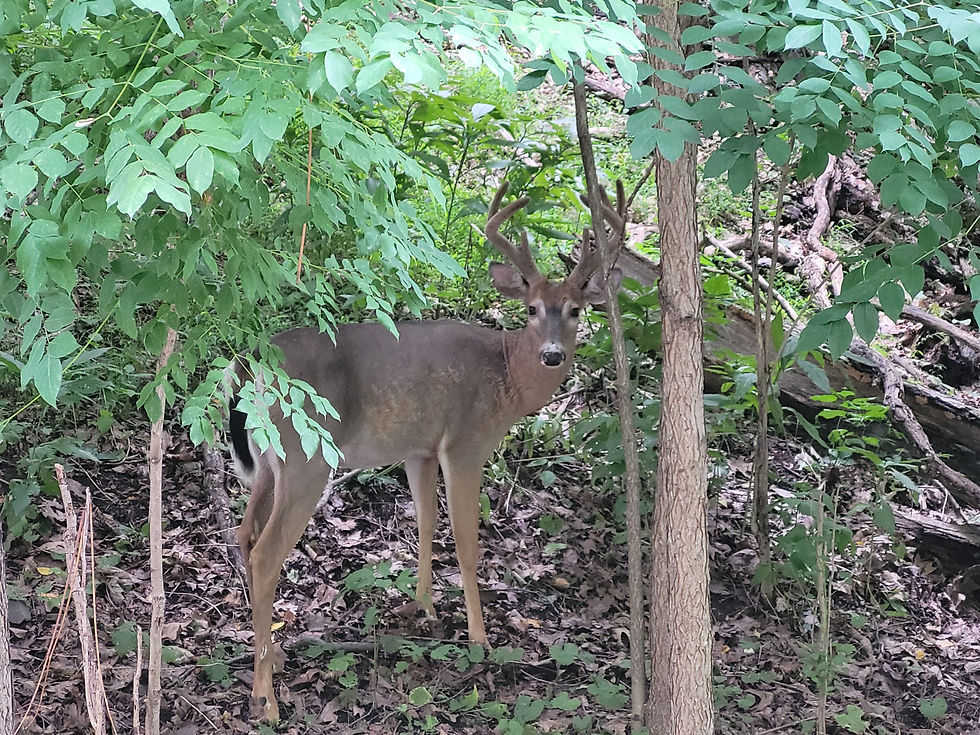Helping endangered monarchs and other threatened butterflies | The Homepage
- jmartinez5135
- Sep 2, 2022
- 2 min read
By Gabrielle Marsden

Monarch butterflies were declared endangered by the International Union for Conservation of Nature on July 21. The U.S. Fish and Wildlife Service has not followed suit because of what they called higher priority listing actions but said they will review monarchs' status again in 2024.
The monarch is in trouble, but so are many other similar species, especially other butterflies like the Baltimore Checkerspot here in Pennsylvania. If we look specifically at southwestern Pennsylvania, the giant swallowtail and zebra swallowtail could use help, though federal agencies look at state lines and not regions within.
The Baltimore checkerspot lays eggs on white turtlehead and hairy beardtongue plants; the caterpillars eat the leaves before hibernating. Zebra swallowtails use pawpaw trees as hosts; giant swallowtails use prickly ash, hoptree, devil’s walking stick, and a few others.
The more you know about butterflies and their host plants, the better off they will be. We need to feed the caterpillars before the butterflies can fly. Butterflies and caterpillars also help birds feed their children! Insect-eating birds are in trouble too, so if we support butterflies and moths, we are helping birds.
What else can be done? The biggest help would be to make holders of large parcels of land change their ways. Farms and recreational spaces like parks, golf courses and Penn DOT could easily improve habitats for insects by mowing strategically. Strategic mowing means mowing only a third of a pollinator space at a time. Some insects prefer the new growth that follows mowing, while the untouched areas allow the caterpillars already there to become butterflies. They could designate more spaces specifically for pollinators and actively plant them with native species. These spaces also tend to absorb more rainwater, reducing runoff and flooding. So, pollinator-friendly spaces should be adjacent to waterways and streets. The pawpaw tree is ideal for planting next to waterways.

You can help monarchs and other butterflies too! If you make part of your space a habitat for insects, it will help. It is more important than ever for urban spaces to accommodate insects. In fact, in western Pennsylvania, in many cases, insects are HEALTHIER in urban environments than rural ones. And you can practice the same mowing care. I have noticed that monarchs choose to lay their eggs on the tenderest milkweed in my yard, so I do not feel guilty about cutting a few stalks down if they get unwieldy.
You can also plant milkweed and other plants in public spaces, especially neglected ones. Milkweed grows just about anywhere. Perhaps you can adopt a space with some neighbors and plant some milkweed and other host plants.
One more thing: Plant nurseries should be encouraged to sell milkweed and other native plants. Ask for them by name and request them if they aren’t available.
Gabrielle Marsden is a butterfly ambassador and archaeological field technician who is always looking for a reason to be outside walking or paddling around.

.png)




Comments